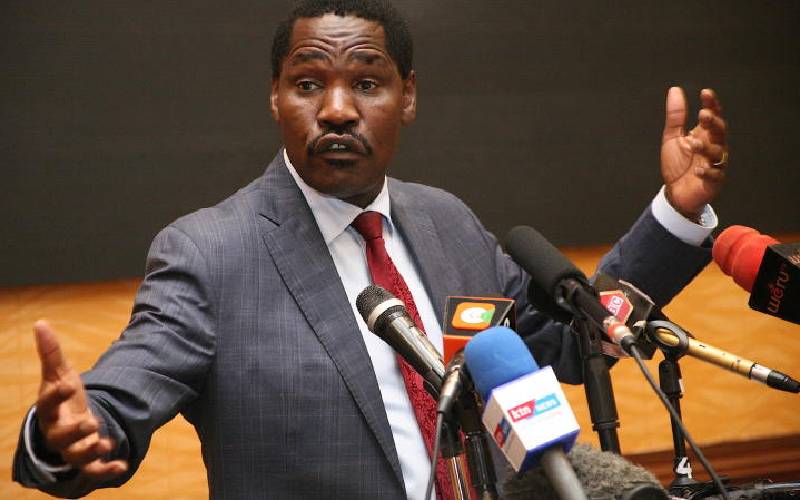×
The Standard e-Paper
Kenya's Bold Newspaper

Agriculture Cabinet Secretary Peter Munya speaking during a consultative meeting with independent Tea producers.[Wilberforce Okwiri,Standard]
The Cabinet Secretary for Agriculture Peter Munya lives and fights as a learned friend and is always looking for something to reform.